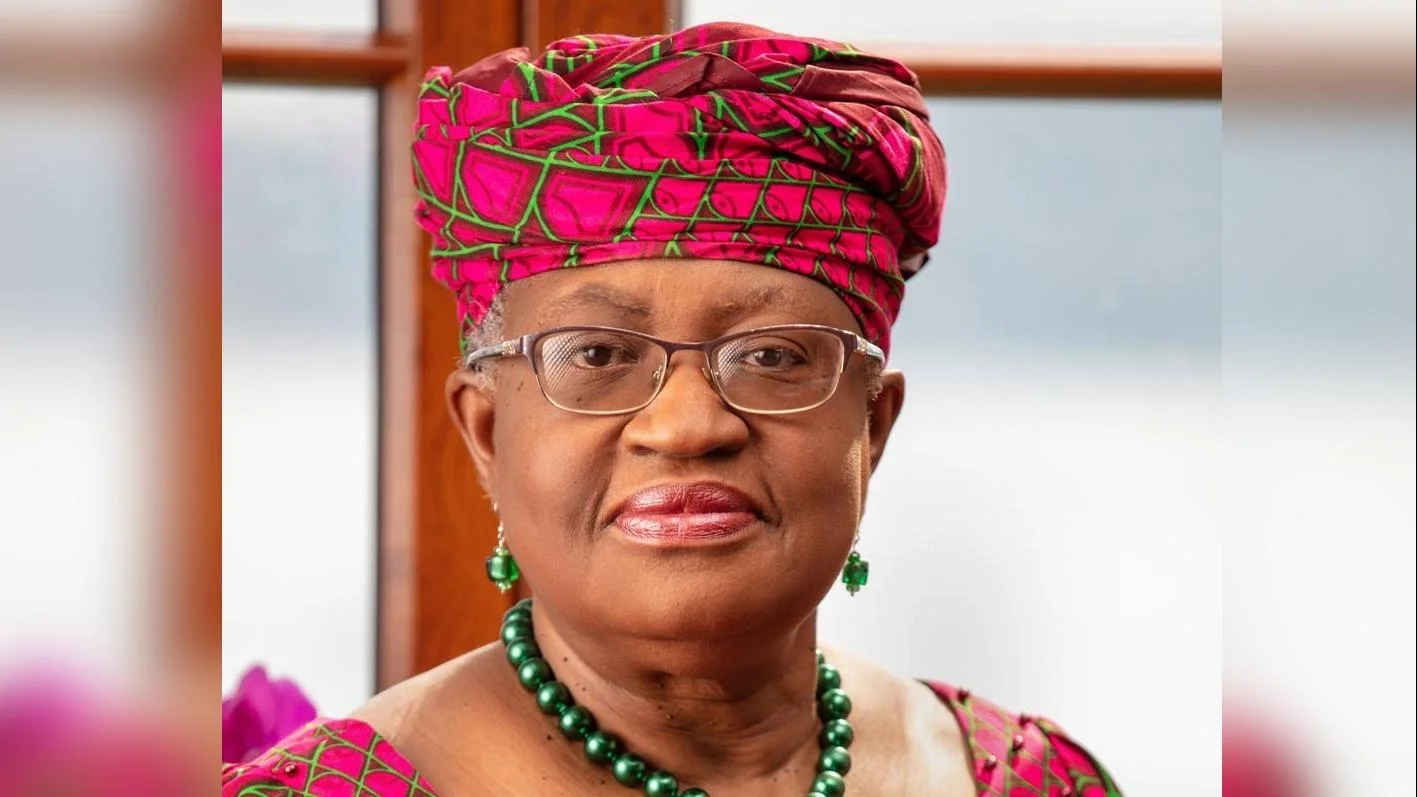The Chair of the Committee, Ms. Anna Leung of Hong Kong, China, facilitated discussions on various farm policies and food security measures.
Members received updates from several international organizations including the UN Food and Agriculture Organization (FAO), UN Trade and Development (UNCTAD), the World Bank, the World Food Programme (WFP), and the International Grains Council (IGC). These updates were part of a follow-up to declarations made in response to the COVID-19 pandemic and on food insecurity.
The FAO presented findings from its July report on global food security, revealing that chronic hunger affected 733 million people in 2023, up from 581 million in 2019. The organization cited conflicts, climate variability, and economic shocks as primary drivers of food insecurity.
The WFP highlighted worsening acute food insecurity projected for 18 hotspots between June and October 2024. It noted an increase in local procurement efforts to stabilize food systems and called for more investments in preparedness and long-term solutions.
The World Bank reported rising agricultural import bills for African countries, expected to reach US$90 billion by 2030. It emphasized the lack of financial access for smallholders in Africa and detailed efforts to channel more resources into Africa's food system.
UNCTAD stressed the negative impact of export restrictions on food security and advocated for transparency to maintain stable prices. It praised the Agriculture Market Information System (AMIS) for its market insights.
The IGC reported stable demand and supply for most agricultural commodities but pointed out high price levels for rice due to market complexity. It called for measures to improve transparency in this sector.
Ms. Leung also provided updates on work related to Least Developed Countries (LDCs) and Net Food-Importing Developing Countries (NFIDCs). She mentioned ongoing discussions about reviewing the NFIDC list as part of a follow-up decision.
During a review of agricultural policies, members raised 215 questions concerning individual notifications. New issues addressed included Argentina's support for beef producers, Brazil's new tax measures, Egypt's certification requirements, Indonesia's support programs, Kazakhstan's import restrictions on apples, among others.
Questions submitted are available in G/AG/W/249 with responses accessible through WTO’s Agriculture Information Management System (AG IMS).
Concerns about the EU Deforestation Regulation were voiced by Argentina, Brazil, Colombia, Ecuador, Honduras, Indonesia, Nigeria, Paraguay, Peru among others. They criticized it as punitive and lacking clear enforcement guidance with only three months before implementation. The EU acknowledged these concerns during discussions held on September 25th.
Regarding Nairobi and Bali decisions' transparency reviews focused on modifying export subsidy notifications were discussed with further consultations planned ahead of November’s meeting.
Members praised productive technology transfer discussions held during a thematic session where experts shared experiences promoting new technologies aligned with climate goals. Suggestions are encouraged for future sessions scheduled alongside upcoming committee meetings.
Additionally announced was phase II of an advanced agriculture notification workshop set for October involving government officials from developing economies completing their training started virtually in May.
The next meeting is scheduled for November 25-27th.

